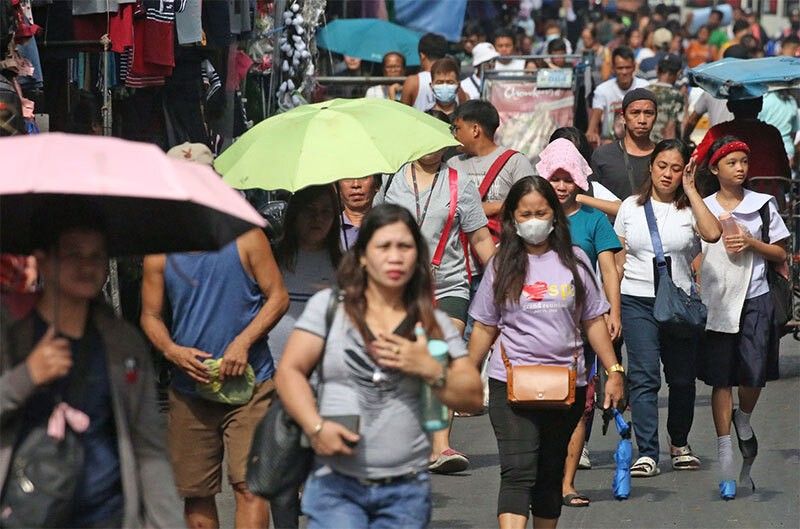Hospital group warns of rise in non-COVID illnesses

MANILA, Philippines — A group of private hospitals has warned of a rise in non-COVID illnesses following the holiday season.
“What we are expecting is an increase in other types of diseases like hypertension, diabetes and hyper cholesterolemia (high cholesterol),” Dr. Jose Rene de Grano, president of the Private Hospitals Association of the Philippines Inc. (PHAPI) said in a recent televised interview.
De Grano added, “That is what usually happens after Christmas because people tend to eat too much. They indulge in these (unhealthy) foods. They don’t have control in what they eat.”
The PHAPI chief, though, expressed hope that there won’t be an increase in hospital utilization rate.
“Hopefully that doesn’t happen,” he said.
As to COVID-19 admission in hospitals, De Grano said that cases are manageable.
“So far, right now, cases are very manageable. Although there was a slight uptick in cases, most of these have not been identified if these were really COVID since many are not undergoing COVID-19 tests now,” he explained.
De Grano added that since symptoms of COVID-19 now are just mild, others just isolate at home.
“Actually, most of those admitted in (private) hospitals are low risk and other cases are considered incidental COVID. Those admitted are not the ones who really have symptoms pointing to COVID,” he said, adding that there are only a few that actually tested positive for COVID-19.
When asked about flu-like illnesses, De Grano said “there was an increase in cases since this is really common during the last quarter of the year when the weather changes from cold to warm and vice versa.”
“If really needed, we admit children and those from the highly vulnerable population, like those with comorbidities or are immunocompromised. We advise confinement so we are able to monitor their condition, especially those sick with infectious diseases that affect the upper respiratory tract,” he said.
At the same time, De Grano also advised members of the vulnerable population to wear masks so they won’t easily get infected or become sick with viral diseases.
“We interact with different people, especially in crowded areas. Let’s avoid going out or stay away from places packed with people, including those with poor ventilation,” he added.
Food safety
Meanwhile, the Department of Health (DOH) has advised partygoers who are used to bringing home food from gatherings to practice food safety.
“My message for those ‘nagsha-Sharon,’ they should also be intelligent in choosing food that they will take home. Bring home food that will last,” said DOH Secretary Ted Herbosa at a press briefing Friday, referring to the Sharon Cuneta song and the practice of taking home food from parties.
Herbosa said that “there are foods that can easily spoil even a few hours after it’s been served at the table.”
According to him, sometimes food preparation for parties is made the night before or early morning. “The caterers will then reheat it and we will think that the food is newly cooked, but in parties or celebrations, much preparation is made so there’s been a lag time, so some of them can spoil already.”
Herbosa also stressed the need to be careful in the handling of food.
“Once food has been touched, the chances of it being contaminated with bacteria becomes higher. Even if you reheat it, the bacterial content is already high. Food poisoning is possible,” the DOH chief explained.
He also said, “If you stored it in the freezer, the chances are lower (for it to get spoiled), but it is different for different kinds of food. There are food that stays longer when frozen, then you just defrost and reheat, so it can still be eaten.”
- Latest
- Trending





























